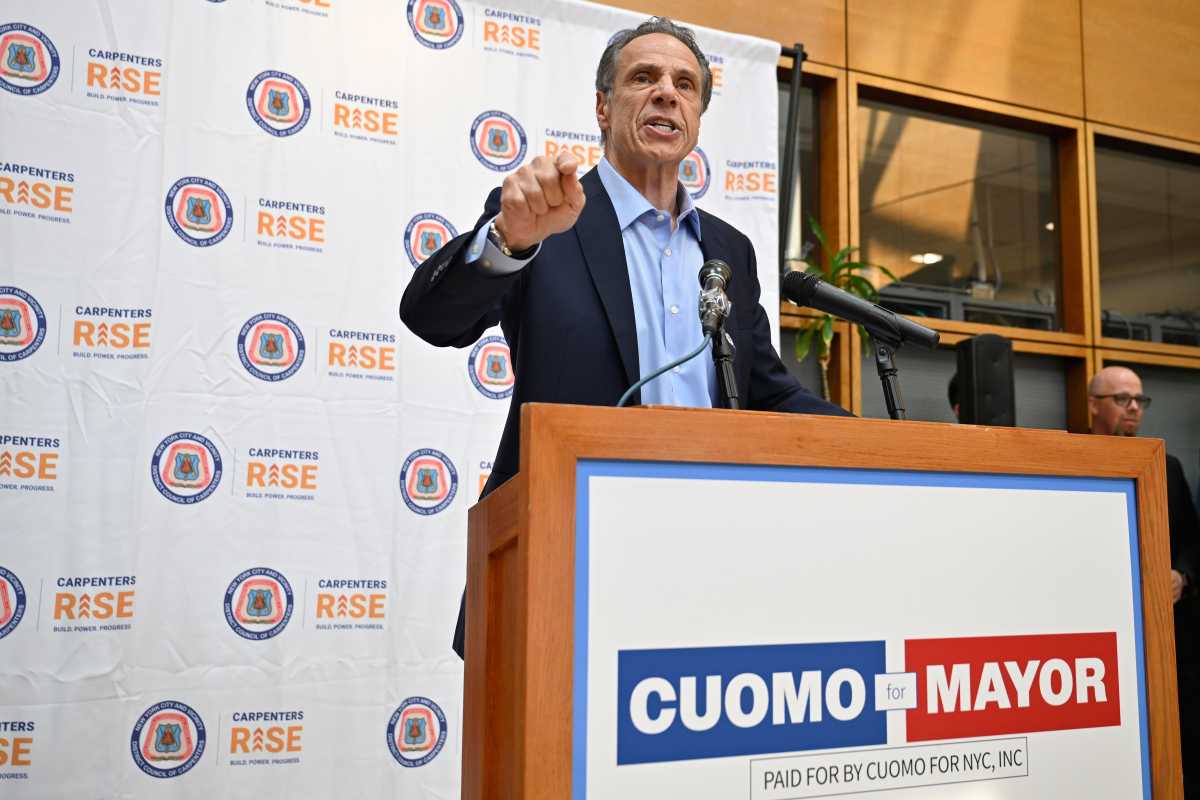To the list of the many wrong things that Bruce Ratner has done to steamroll public opposition to his Atlantic Yards mega-project — including playing the race card, creating fantasy tax-revenue projections, and saying that the basketball arena would be built with private money when it is in fact being financed entirely by taxpayers — we can now add his donation last month to a political committee controlled by Assembly Speaker Sheldon Silver.
True, the dollar amount of the donation — $58,200 — wouldn’t even qualify as beer money at the $4-billion Atlantic Yards poker game. But such unregulated, soft-money donations to party campaign committees underscore the ugly way business is conducted in New York State. The head of Common Cause/NY, a government watchdog, called such committees “slush funds” — pools of money that are controlled and dispensed by party bosses like Silver.
Silver, of course, holds virtually all of Albany’s cards — and even though he played a role in the 2006 state approval of Atlantic Yards, the legislature still has not formalized any of the tax-abatement, bonding or subsidy agreements that Ratner desperately needs to make a government-insured profit on a project that the free market has already turned against.
Hence, Ratner’s timely donation.
For years, Ratner had not made political contributions because, he said, they created the appearance that he was buying off legislators for project approvals and the large tax subsidies he has enjoyed.
Making contributions “was getting him into trouble because every time he won a project, people would say it was because he gave money,” Ratner’s friend, the former Parks Commissioner Henry Stern, told Newsday in 2004.
Instead, Ratner has spent his money in a different, old-fashioned way: through courting cronies and pals, including then-Gov. Pataki, his former law school classmate, with direct lobbying.
Indeed, Ratner spent $2 million on lobbying during the year that Atlantic Yards was going through the state approval process — a large increase from his normal annual expenditures to influence our elected representatives in Albany.
Ratner’s spokesman offered only a “No comment” when a Brooklyn Paper reporter inquired about the developer’s return to the pay-to-play game. But in this case, no comment is necessary. Donations like these speak for themselves.
Is it any wonder, for example, that real-estate industry executives funneled unprecedented amounts of cash to City Council candidates in the weeks before tighter city campaign finance restrictions went into effect on Feb. 2?
As the New York Times reported, leaders of the city’s top 25 real-estate firms have given $1 million to candidates for an election that is still 22 months away. At the same early stage four years ago, the same firms had given just $239,000.
Our state lawmakers have been lied to, manipulated and lobbied by Ratner’s machine. Now they’ve been paid off for their fine work.
























